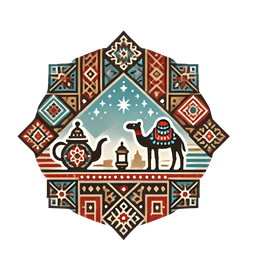- Published on
Unveiling the Mystique of Moroccan Aissaoua The Sacred Sufi Brotherhood
- Authors

- Name
- Adil ABBADI
Introduction
In the vibrant streets of Morocco, amidst the whirlwind of colors, sounds, and aromas, lies a mystical world of spirituality and devotion. The Moroccan Aissaoua, a revered Sufi brotherhood, has been a cornerstone of Moroccan culture for centuries, captivating the hearts of many with its enchanting music, mesmerizing rituals, and profound spiritual philosophy. In this blog, we'll embark on a journey to unveil the mystique of Moroccan Aissaoua, exploring its history, practices, and significance in Moroccan society.
- Origins and History of Aissaoua
- Spiritual Practices and Rituals
- Music and Instruments
- The Significance of Aissaoua in Moroccan Culture
- Conclusion
- Embrace the Spirit of Aissaoua
Origins and History of Aissaoua
The Aissaoua brotherhood was founded in the 15th century by Sheikh Mohammed ben Aïssa, a revered Sufi mystic. Born in the northern Moroccan city of Meknès, Sheikh Mohammed was drawn to the mystical traditions of Sufism, which emphasized the purification of the heart and the pursuit of spiritual love. His teachings and charisma attracted numerous followers, and the Aissaoua brotherhood was born.
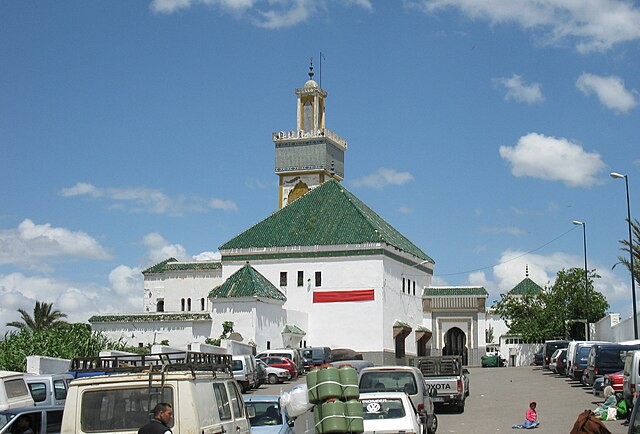
Over time, the Aissaoua spread across Morocco, establishing zawiyas (Sufi lodges) in major cities and towns. These sacred spaces became hubs for spiritual growth, communal prayer, and ecstatic rituals, fostering a sense of community and unity among the faithful.
Spiritual Practices and Rituals
The Aissaoua brotherhood is renowned for its distinctive spiritual practices, which blend elements of Sufism, Islamic mysticism, and traditional Moroccan customs.
Hadra: The Ecstatic Ritual
The hadra is the Aissaoua's most iconic ritual, characterized by rhythmic chanting, hypnotic music, and trance-like states. During these ceremonies, adherents gather in a circle, accompanied by traditional instruments like the guembri (a long-necked lute) and the qraqeb (metal castanets). As the music builds in intensity, participants enter a state of spiritual ecstasy, channeling the divine through movement, sound, and song.
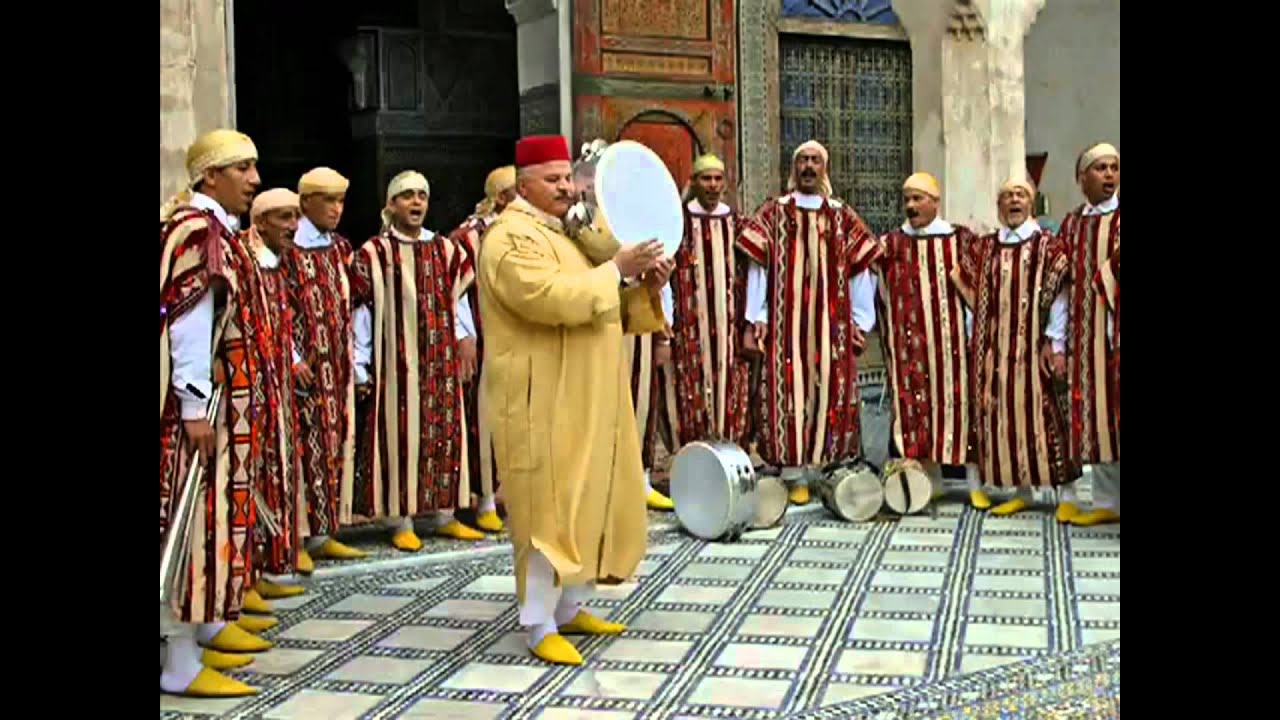
Dhikr: The Remembrance of God
Dhikr, or the remembrance of God, is a fundamental aspect of Aissaoua spirituality. Through repetitive invocations, meditation, and contemplation, adherents seek to purify their hearts, cultivate a deeper sense of devotion, and attain a state of spiritual awakening.
Zikr: The Celebration of Life
Zikr, a communal celebration, is an integral part of Aissaoua culture. These festive gatherings feature music, dance, and poetry, honoring the blessings of life, love, and spirituality. Zikr ceremonies often take place during special occasions, such as weddings, births, and holidays.
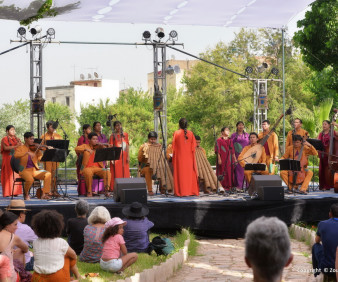
Music and Instruments
Music plays a vital role in Aissaoua spirituality, serving as a conduit to the divine. Traditional instruments, such as the guembri, qraqeb, and naqqara (a pair of kettle drums), create an enchanting soundscape that transports participants to a realm of spiritual ecstasy.
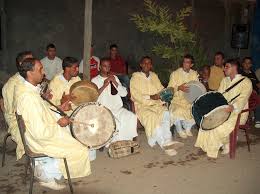
The Significance of Aissaoua in Moroccan Culture
The Moroccan Aissaoua has been a cornerstone of Moroccan culture, contributing significantly to the country's rich spiritual heritage. This Sufi brotherhood has:
- Fostered a sense of community and unity among Moroccans, transcending social and economic boundaries
- Preserved traditional Moroccan music, art, and literature
- Provided a platform for spiritual growth, self-discovery, and personal development
- Encouraged interfaith dialogue and understanding, promoting a culture of tolerance and coexistence
Conclusion
The Moroccan Aissaoua is a testament to the power of spirituality, creativity, and community. This captivating Sufi brotherhood has woven a rich tapestry of music, ritual, and devotion, inspiring generations of Moroccans and foreigners alike. As we delve into the mystique of Aissaoua, we are reminded of the importance of preserving cultural heritage, promoting interfaith understanding, and embracing the beauty of diversity.
Embrace the Spirit of Aissaoua
As you embark on your own journey of self-discovery and spiritual exploration, remember the timeless wisdom of the Moroccan Aissaoua: that music, movement, and devotion can be a powerful catalyst for personal growth, communal unity, and spiritual awakening.
